Alessandro Vespignani
- Director and Sternberg Family Distinguished Professor
Department
Other Northeastern Affiliations and Memberships
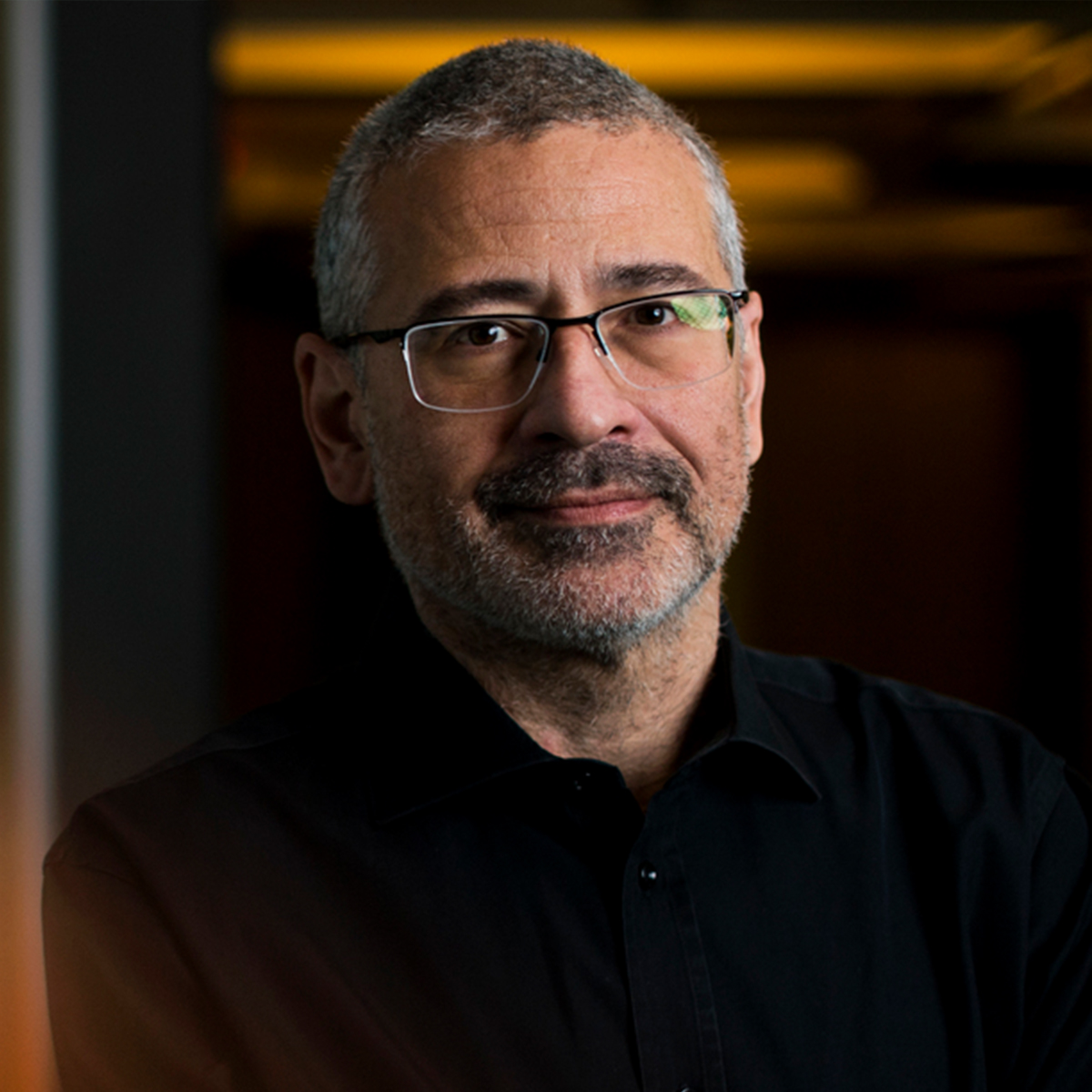
Alessandro Vespignani research activity is focused on the study of “techno-social” systems, where infrastructures composed of different technological layers are interoperating within the social component that drives their use and development. In this context we aim at understanding how the very same elements assembled in large number can give rise – according to the various forces and elements at play – to different macroscopic and dynamical behaviors, opening the path to quantitative computational approaches and forecasting power.
The main research lines pursued at the moment are:
- Develop analytical and computational models for the co-evolution and interdependence of large-scale social, technological and biological networks.
- Modeling contagion processes in structured populations.
- Developing predictive computational tools for the analysis of the spatial spread of emerging diseases.
- Analyze the dynamics and evolution of information and social networks.
- Model the adaptive behavior of social systems.
Publications
Contact
Mailing Address
- 1010 - 177 (177 Huntington Ave), Boston, MA 02111
Websites
Labs & Groups
In The News
-
Research
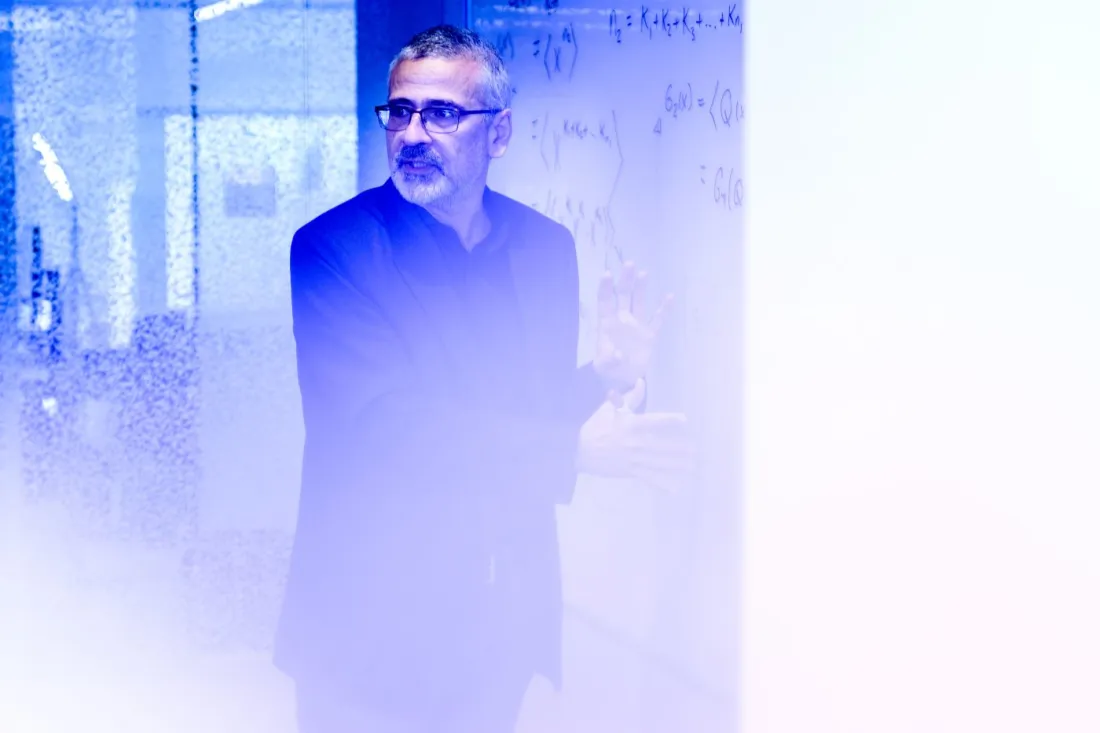
European Physical Society honors professor’s groundbreaking contributions to the physics of complex networks
Northeastern professor Alessandro Vespignani earns the European Physical Society’s top award for helping to lay the foundation for physics models of contagion. -
Research

COVID data revolutionized disease projection models. Northeastern researchers explain what’s next
Scientists sometimes compare predicting the course of epidemics to forecasting the weather. But there’s a major difference — the impact of human behavior — says Alessandro Vespignani, director of Northeastern University’s Network Science Institute. Consider what happens during a downpour, he says. “If we all open an umbrella, it will rain anyway.” “In epidemics, if we […] -
Research
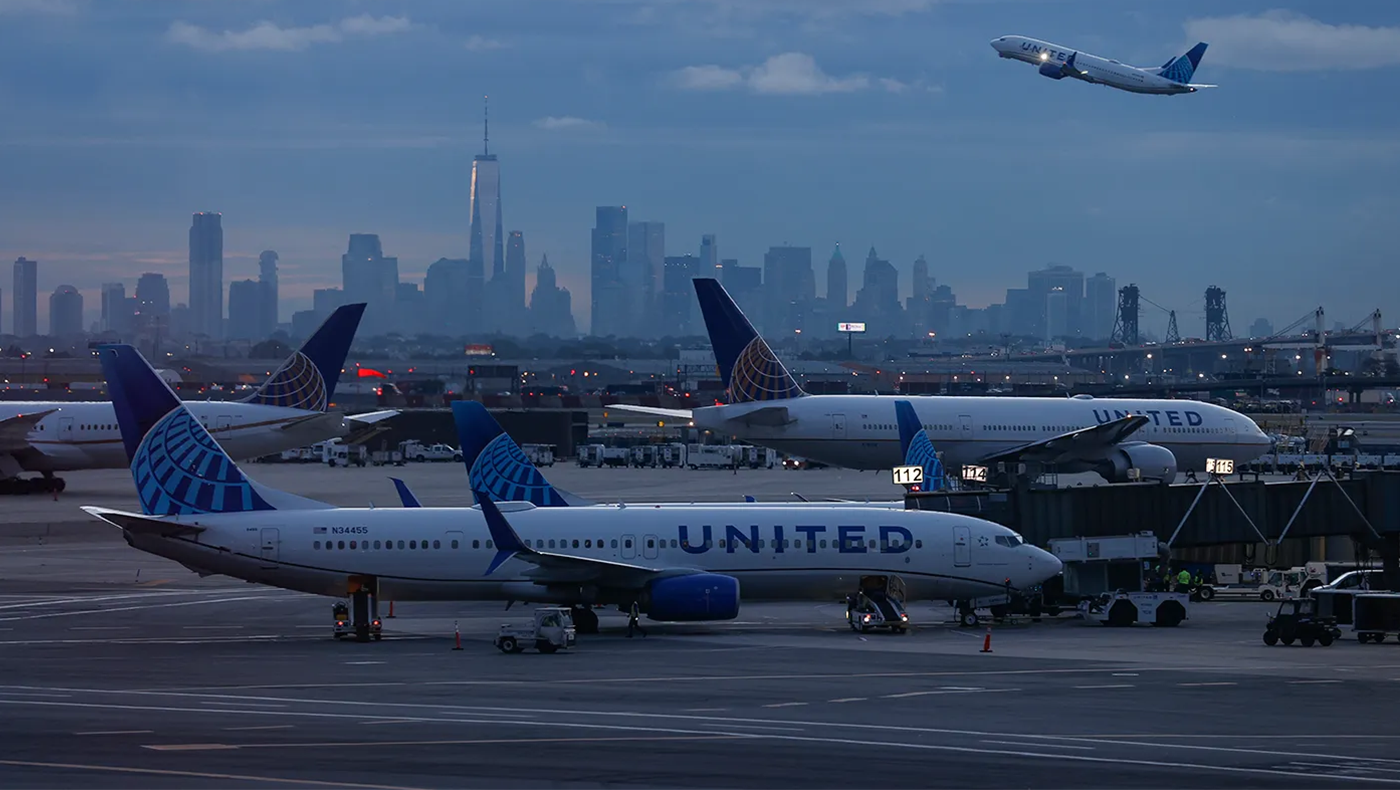
How monitoring wastewater from international flights can serve as an early warning system for the next pandemic
Alessandro Vespignani, director of Northeastern’s Network Science Institute, Guillaume St-Onge, a physicist at Northeastern, and colleagues have researched how monitoring wastewater from international flights can help scientists anticipate the next pandemic. -
Research
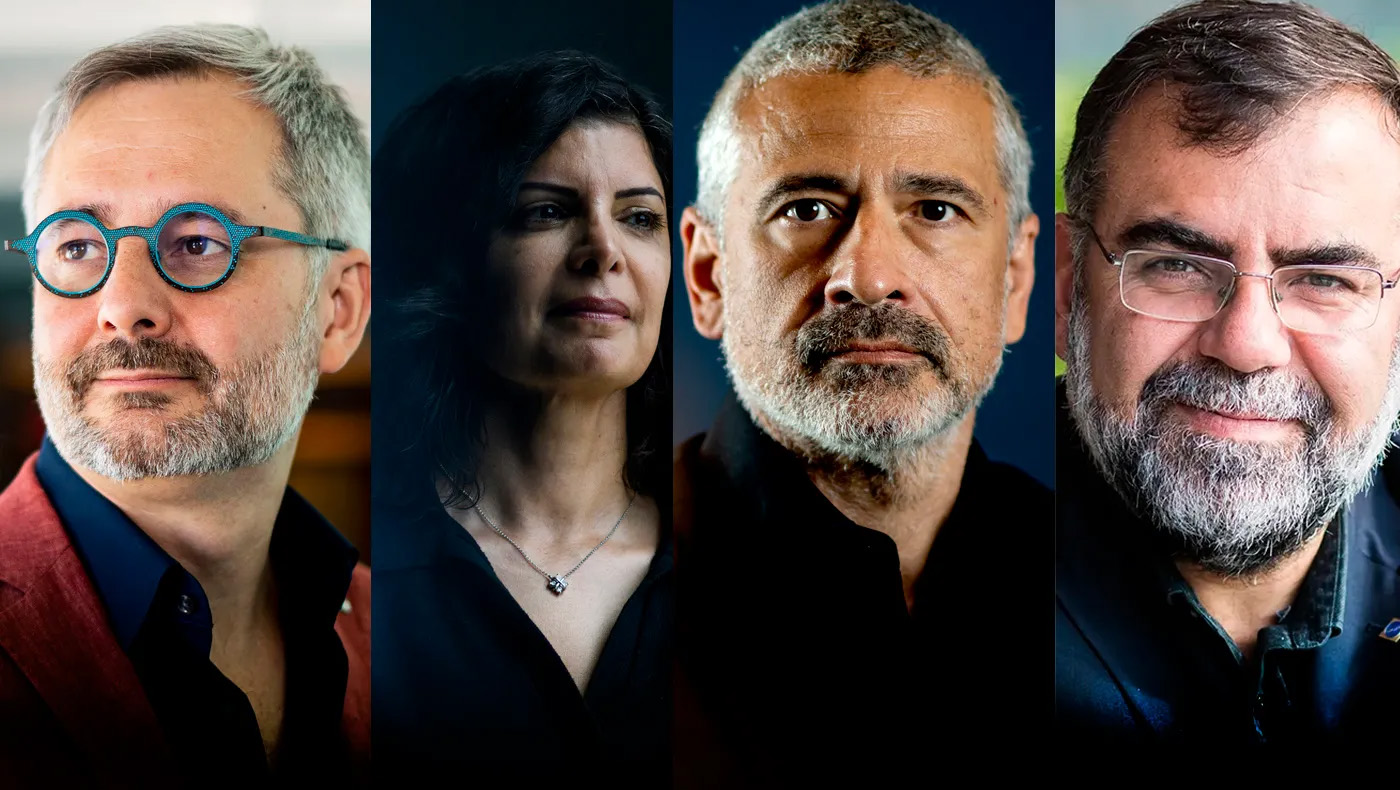
The interaction between humans and artificial intelligence demands a new field of study, Northeastern researchers say
Eliassi-Rad is one of several Northeastern researchers who have proposed a new area of study they are calling “Human AI Coevolution” to better understand and analyze these feedback loops. Other researchers on the project include Northeastern professors Ricardo Baeza-Yates, Albert-László Barabási and Alessandro Vespignani. -
Research
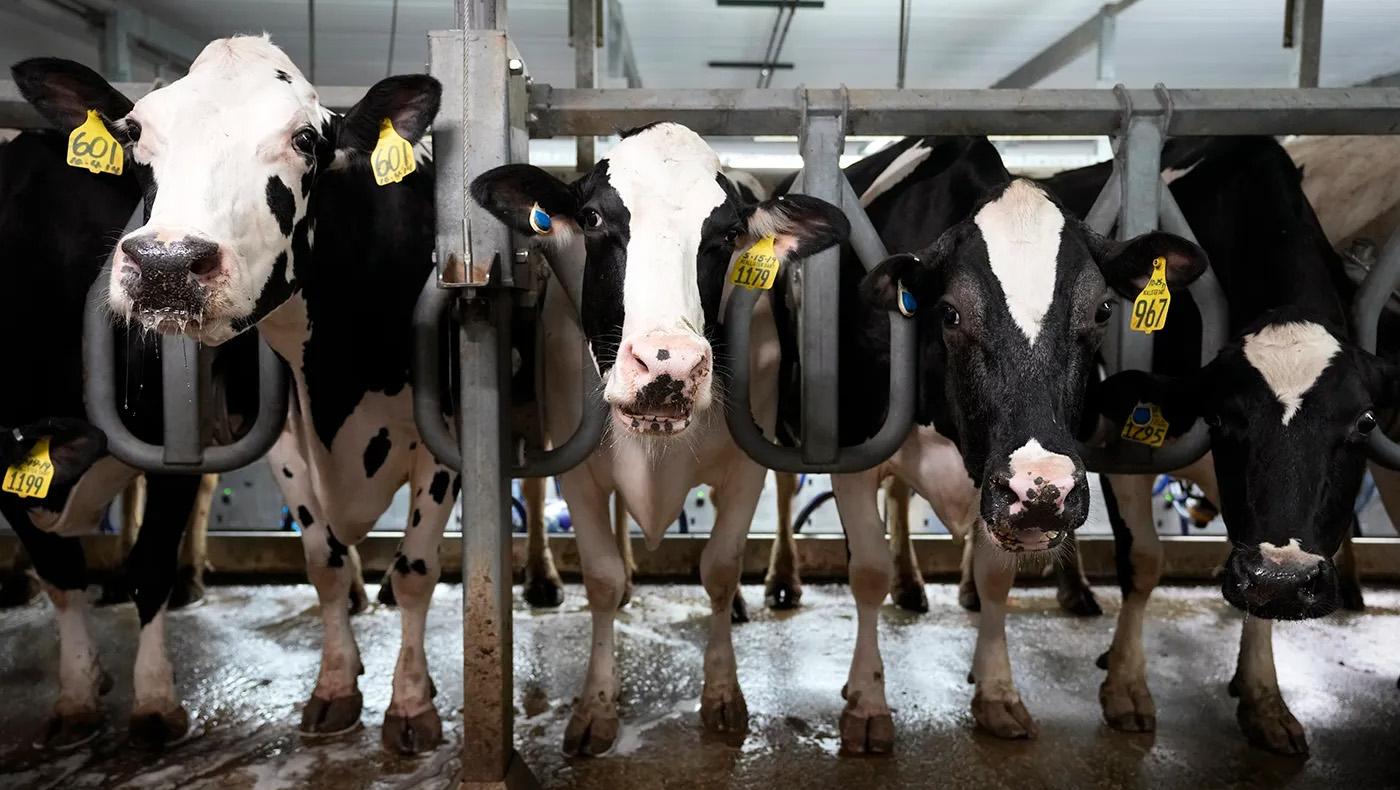
How Northeastern researchers are helping predict the outbreak of bird flu on US dairy farms
Bird flu has been detected in 169 livestock herds on dairy farms in 13 states. Northeastern researchers are creating a “risk map” of which farms might be next. -
News

Northeastern summit on innovative public health technology is an important first step to fixing systemic flaws
When the COVID-19 pandemic hit, the nation’s public health infrastructure was underprepared, to say the least. Public health officials relied on fax machines to deliver test results, hand wrote people’s vaccination status on small pieces of cardboard and discovered that stockpiles of masks and gowns to protect health care workers were insufficient. “We really have […] -

‘Landmark in survey research’: How the COVID States Project analyzed the pandemic with objectivity
Four years ago David Lazer formed the Northeastern-led effort — resulting in more than 100 cutting-edge reports and national media coverage. -
Research
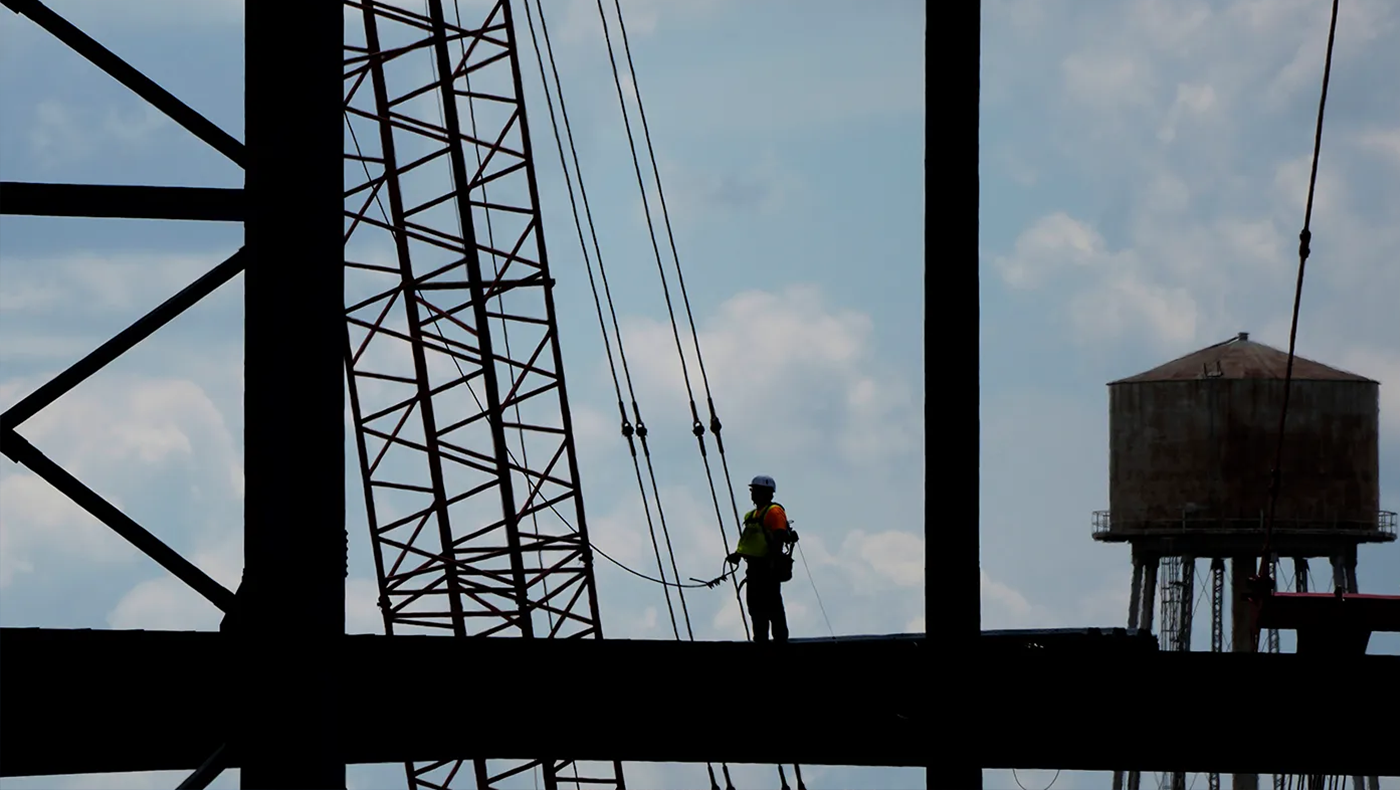
What should stay open during the next pandemic? New model weighs protecting public health and the economy
The COVID-19 pandemic not only threatened the health of people around the world, but also exacted a significant toll on the global economy. -
Research
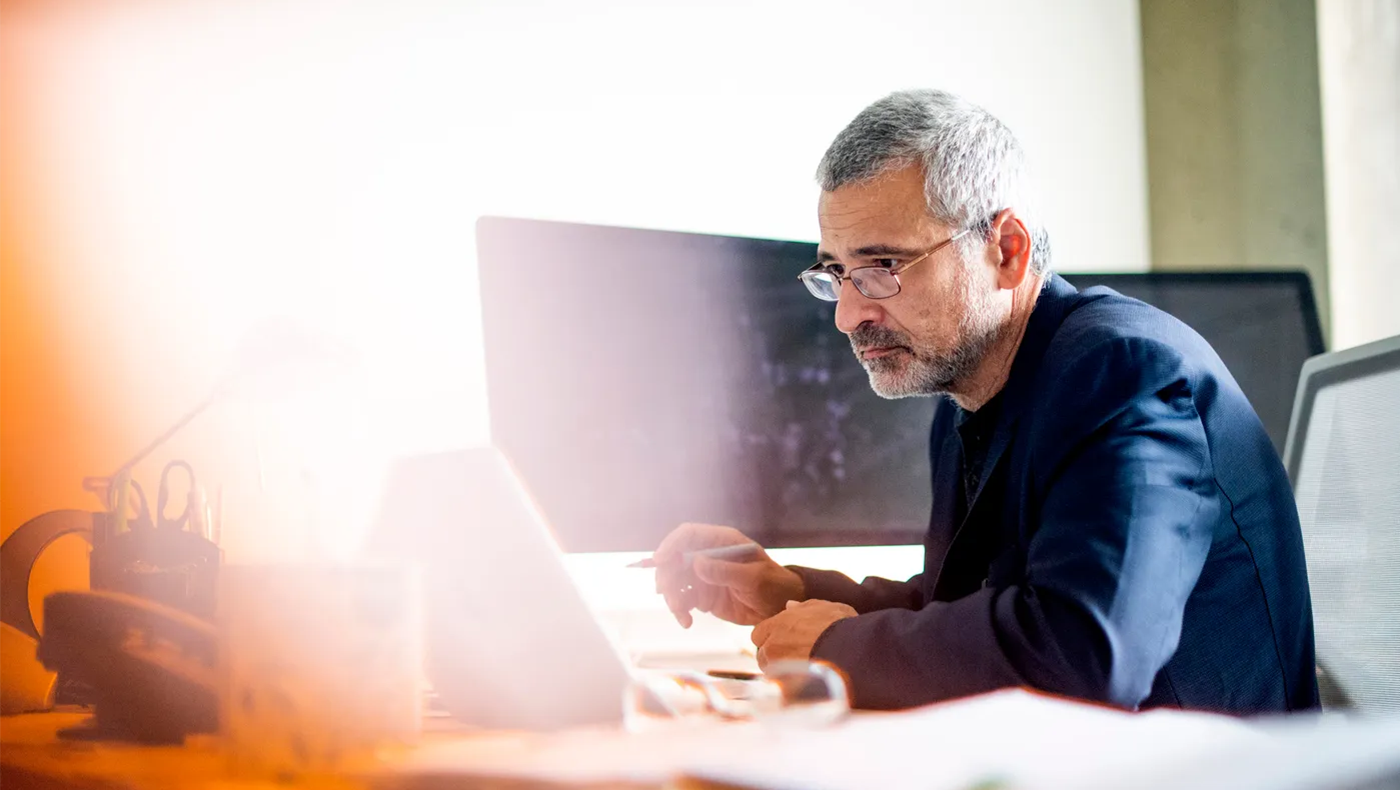
Northeastern receives $17.5 million from CDC to launch infectious disease prediction center
The Centers for Disease Control and Prevention is giving Northeastern University $17.5 million over the next five years to head an innovation center designed to help detect and prepare the United States for the next outbreak of infectious disease, especially in rural areas. -
News
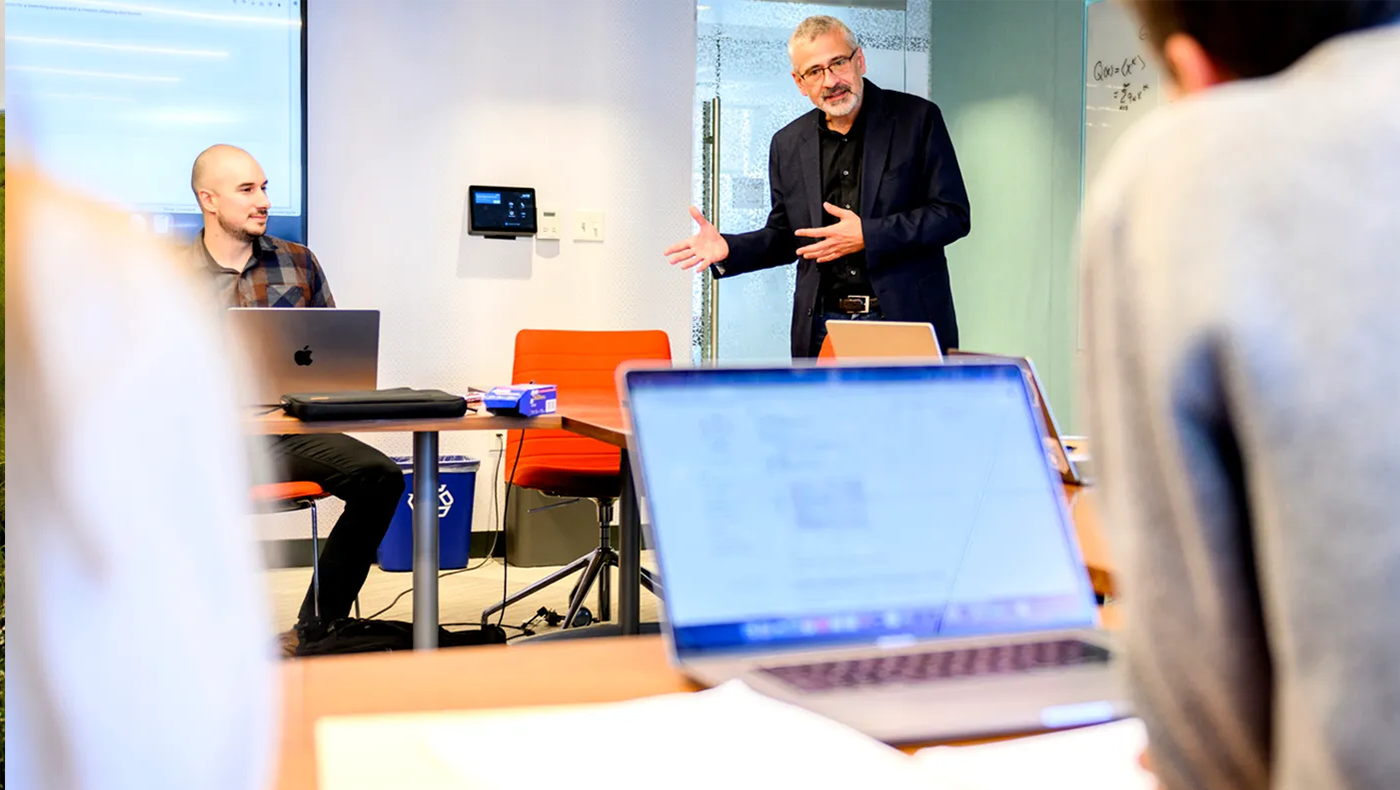
Network Science Institute expansion to London creates new European hub for trail blazing academic field
Northeastern University has expanded its world leading Network Science Institute to the university’s campus in London in a move that will establish a new European hub in the fast-growing research field of network science. As part of the expansion, the university has recruited a team of researchers to join its faculty in the United Kingdom. […] -
Research
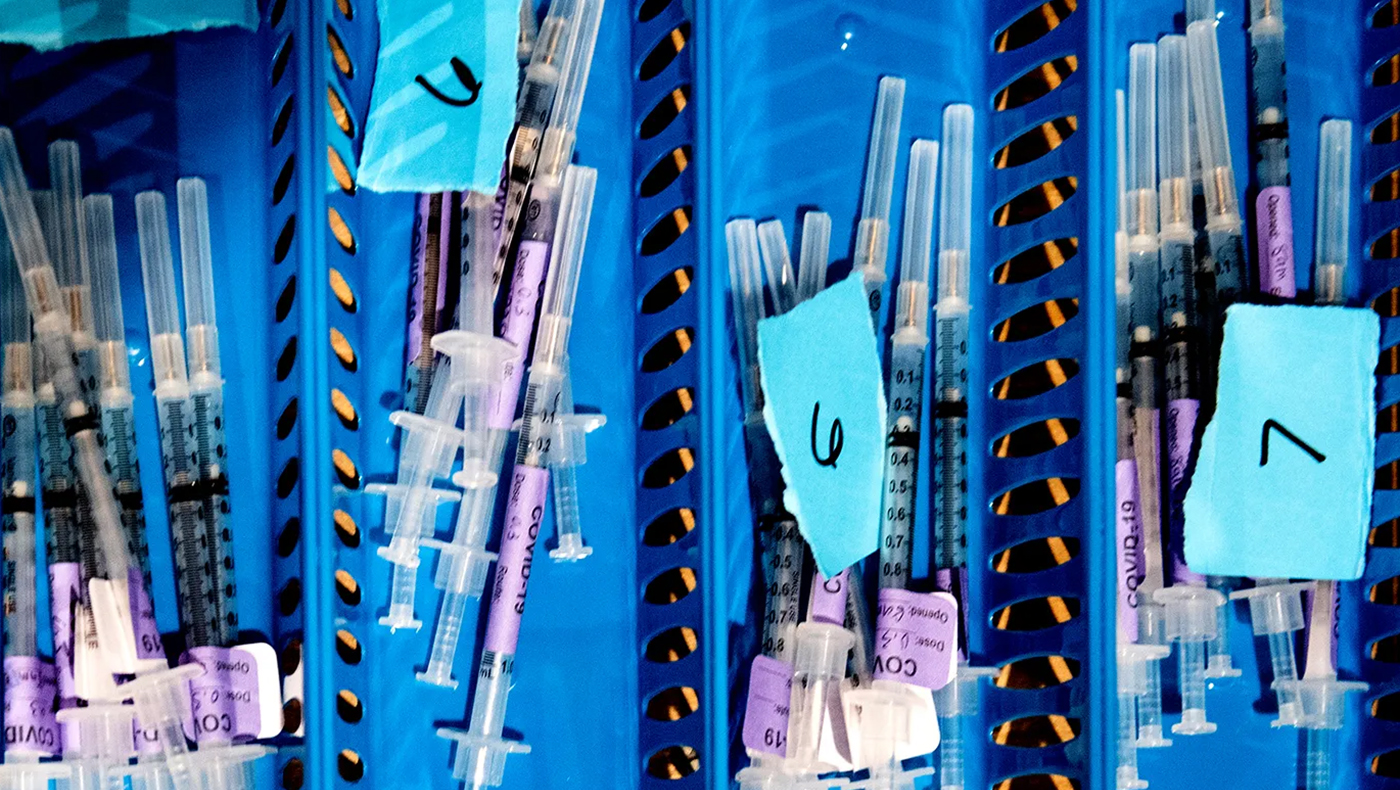
More Than 50% of COVID-19 Deaths Could Have Been Prevented
Better access to vaccines could have prevented more than 50% of COVID-19 deaths in 20 lower income countries, according to a new paper in Nature Communications co-authored by Northeastern professor Alessandro Vespignani. -
News
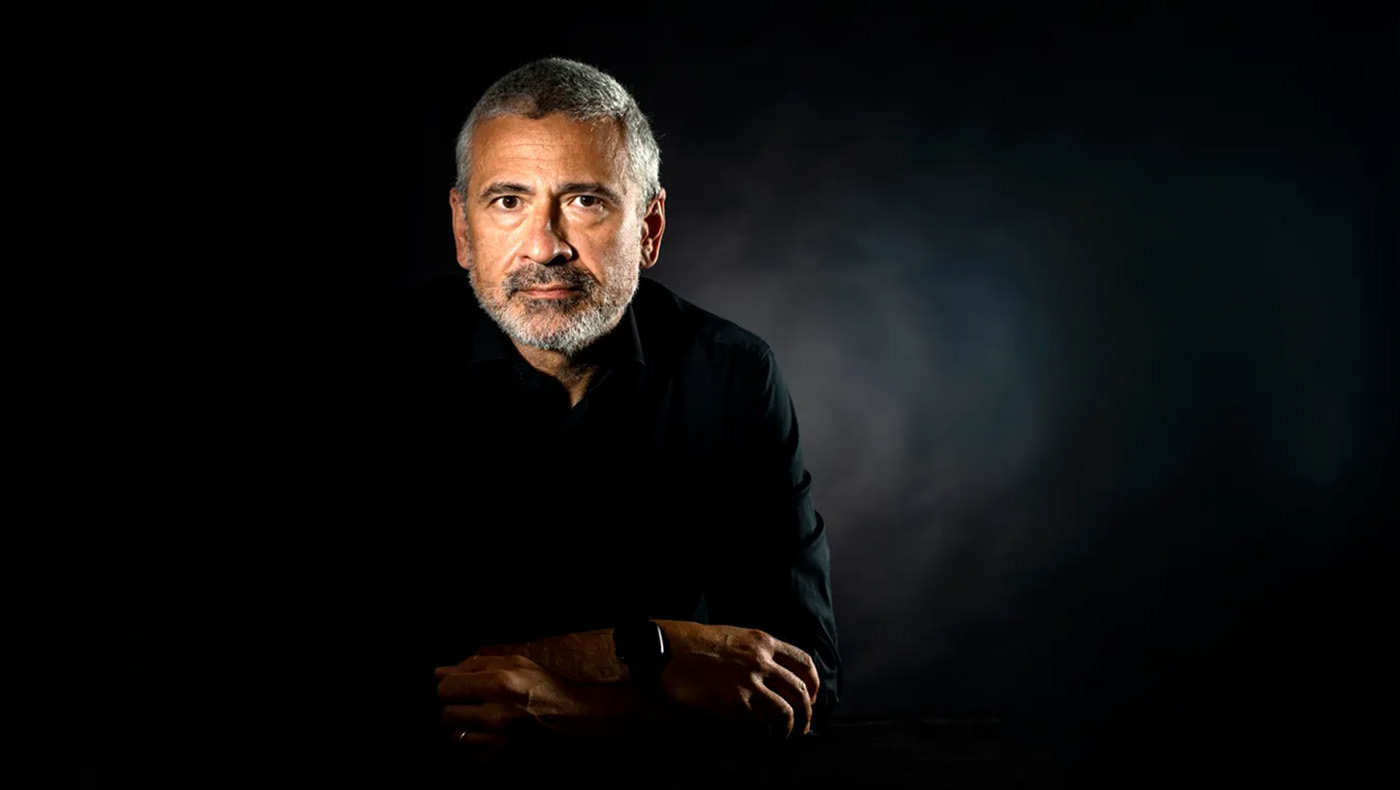
Northeastern professors Kevin Fu, Alessandro Vespignani and Yun Raymond Fu honored by American Association for the Advancement of Science
Alessandro Vespignani, director of the Network Science Institute and Sternberg Family Distinguished Professor at Northeastern, has been elected as a Fellow to the American Association for the Advancement of Science. -
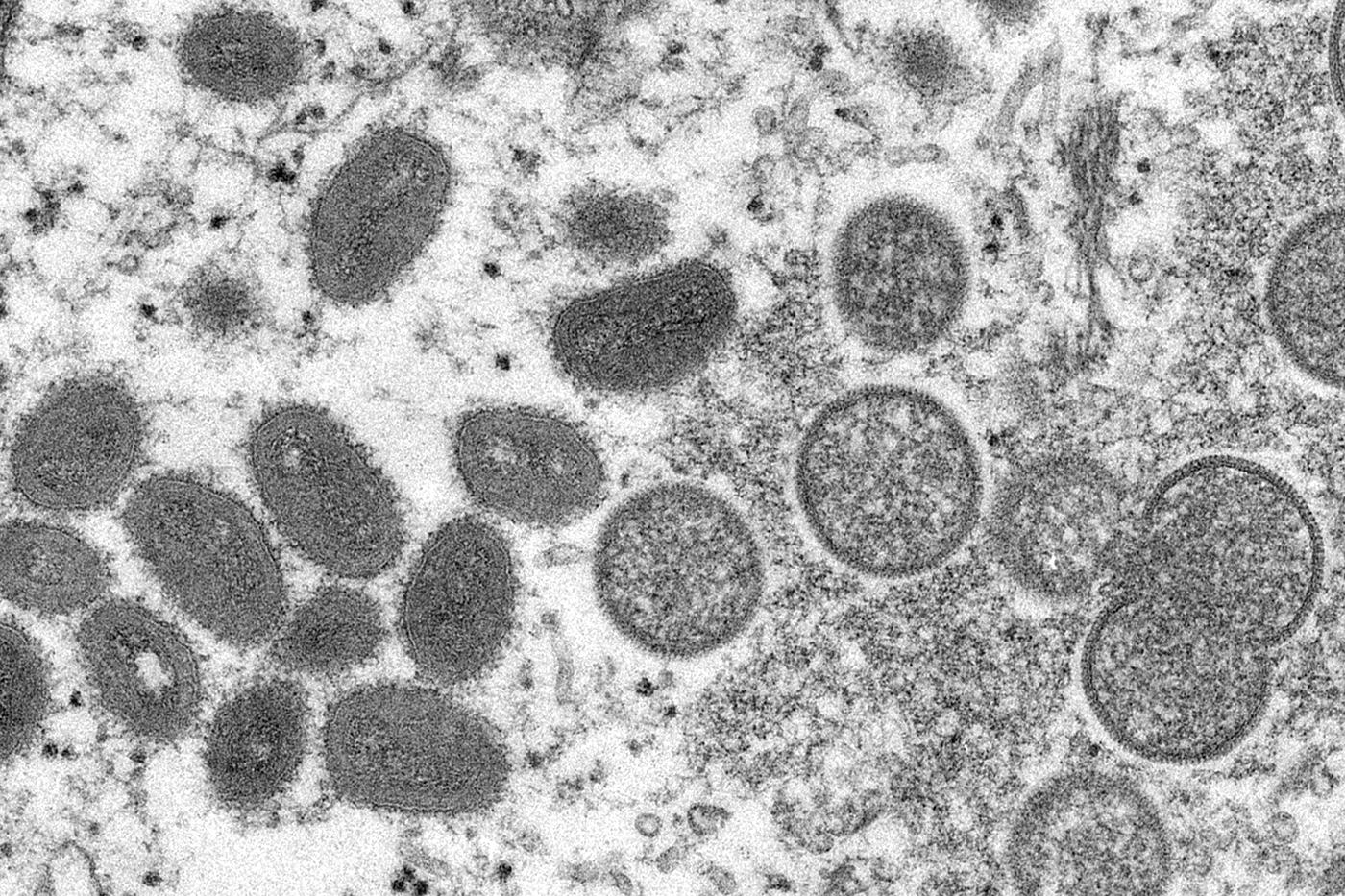
Experts weigh-in: is Monkeypox the next COVID-19? Here’s what we know.
Cases of monkeypox, a rare viral disease, are being investigated in a growing number of countries, including the United States. -
News
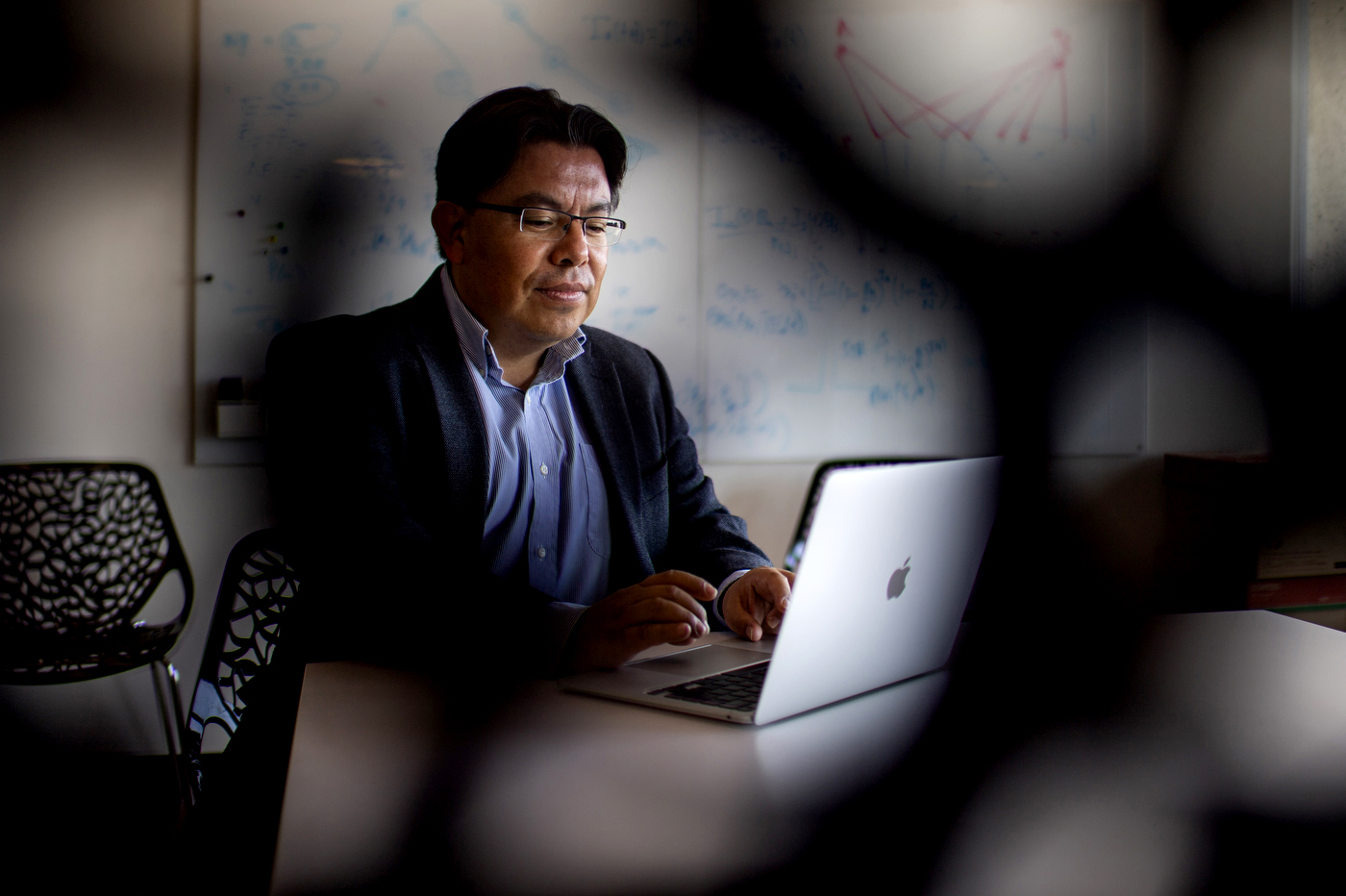
Your Google searches and tweets might help forecast the next disease outbreak
People leave a trail of breadcrumbs when they navigate the digital world, offering clues about what is happening in their lives—including their health. Northeastern’s Mauricio Santillana is using machine learning algorithms to turn those clues into an early warning system for disease outbreaks. -
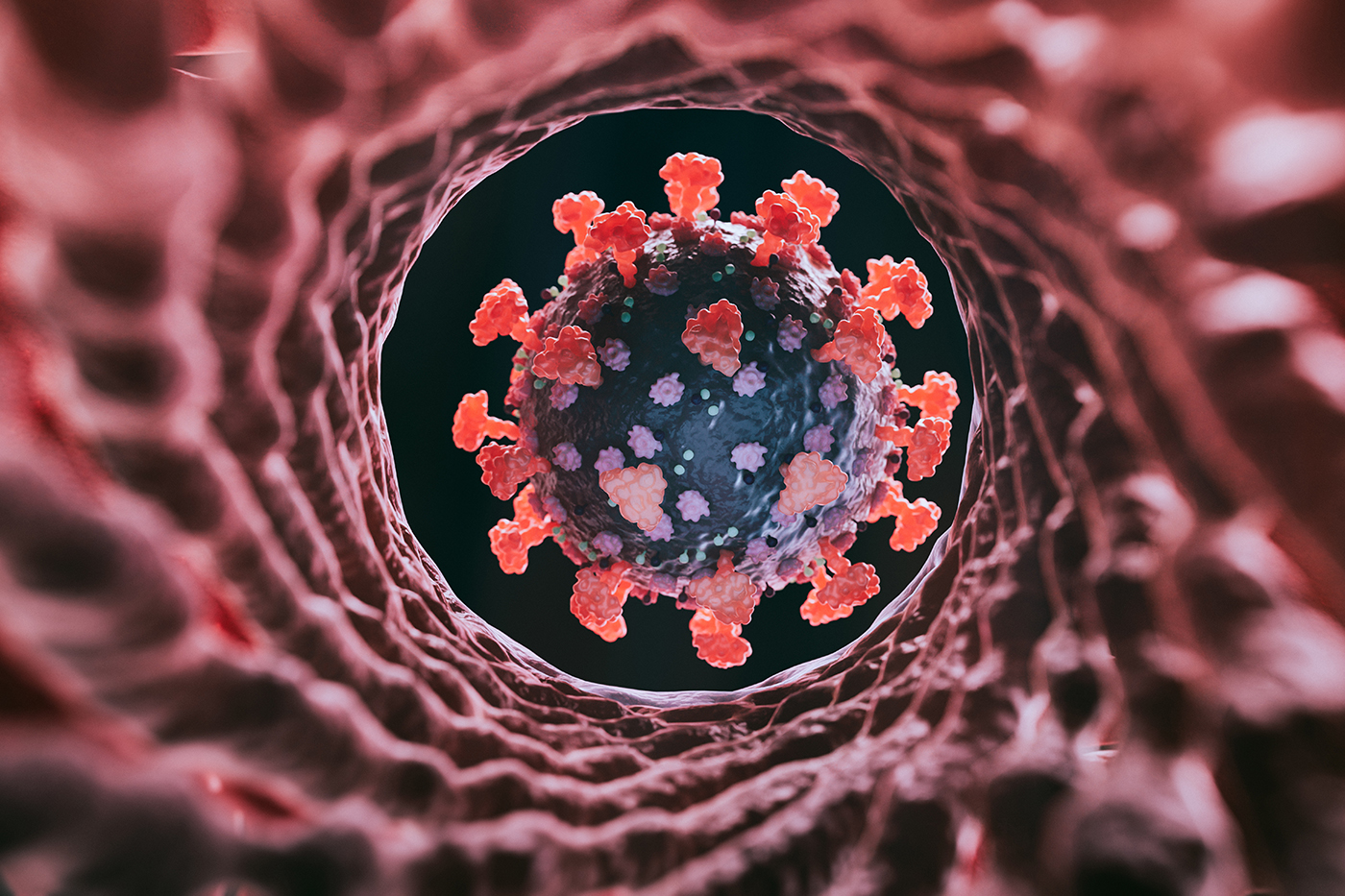
How worried should you be about BA.2?
Alessandro Vespignani and Jared Auclair discuss what the new COVID-19 variant implies for our future. -
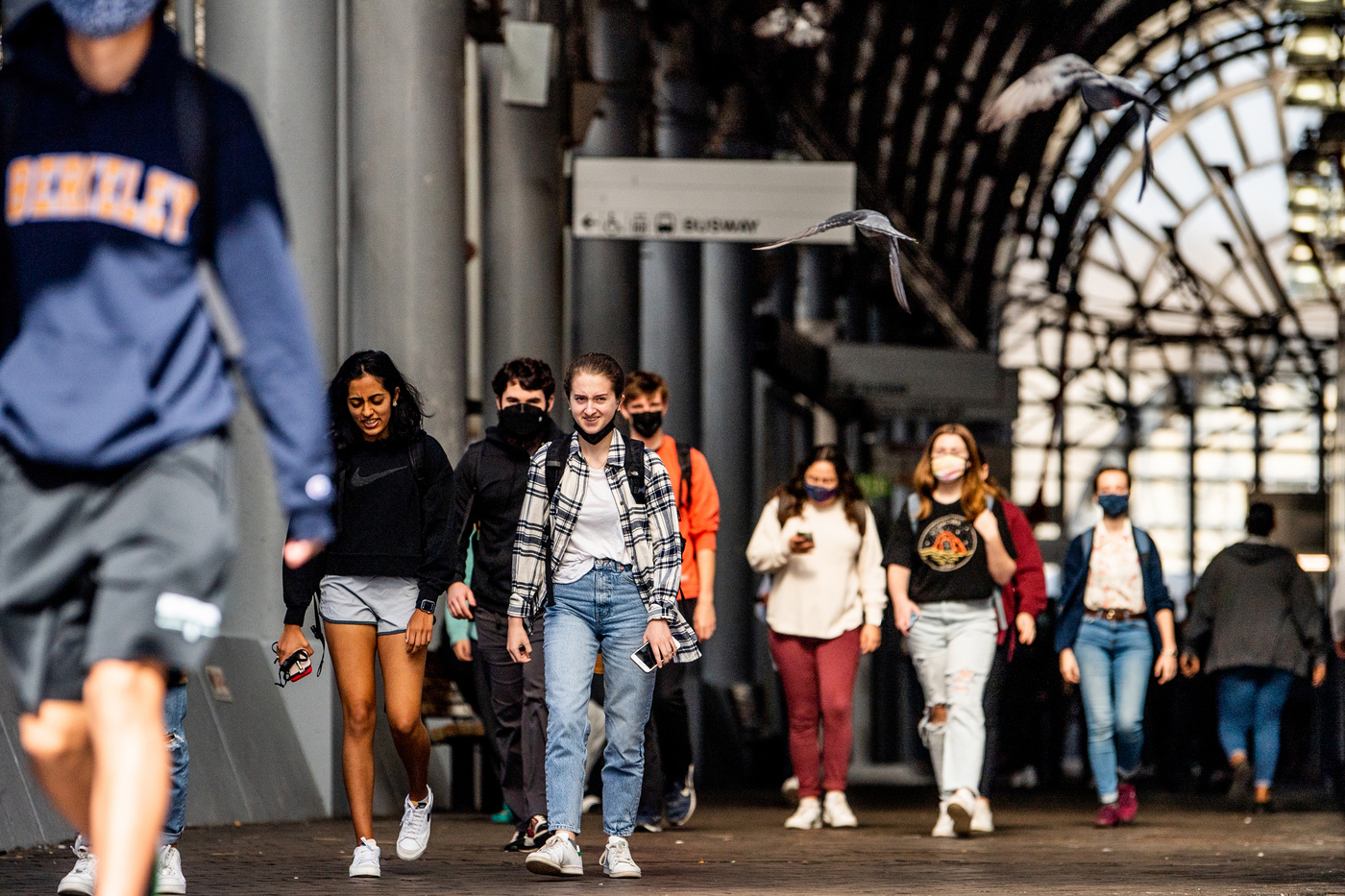
For COVID-19, ‘Endemic’ does not mean ‘The End.’
Health experts often use the word "endemic" when referring to our future once the COVID-19 pandemic leaves its frenzied early years. Alessandro Vespignani discusses what "endemic" really means. -
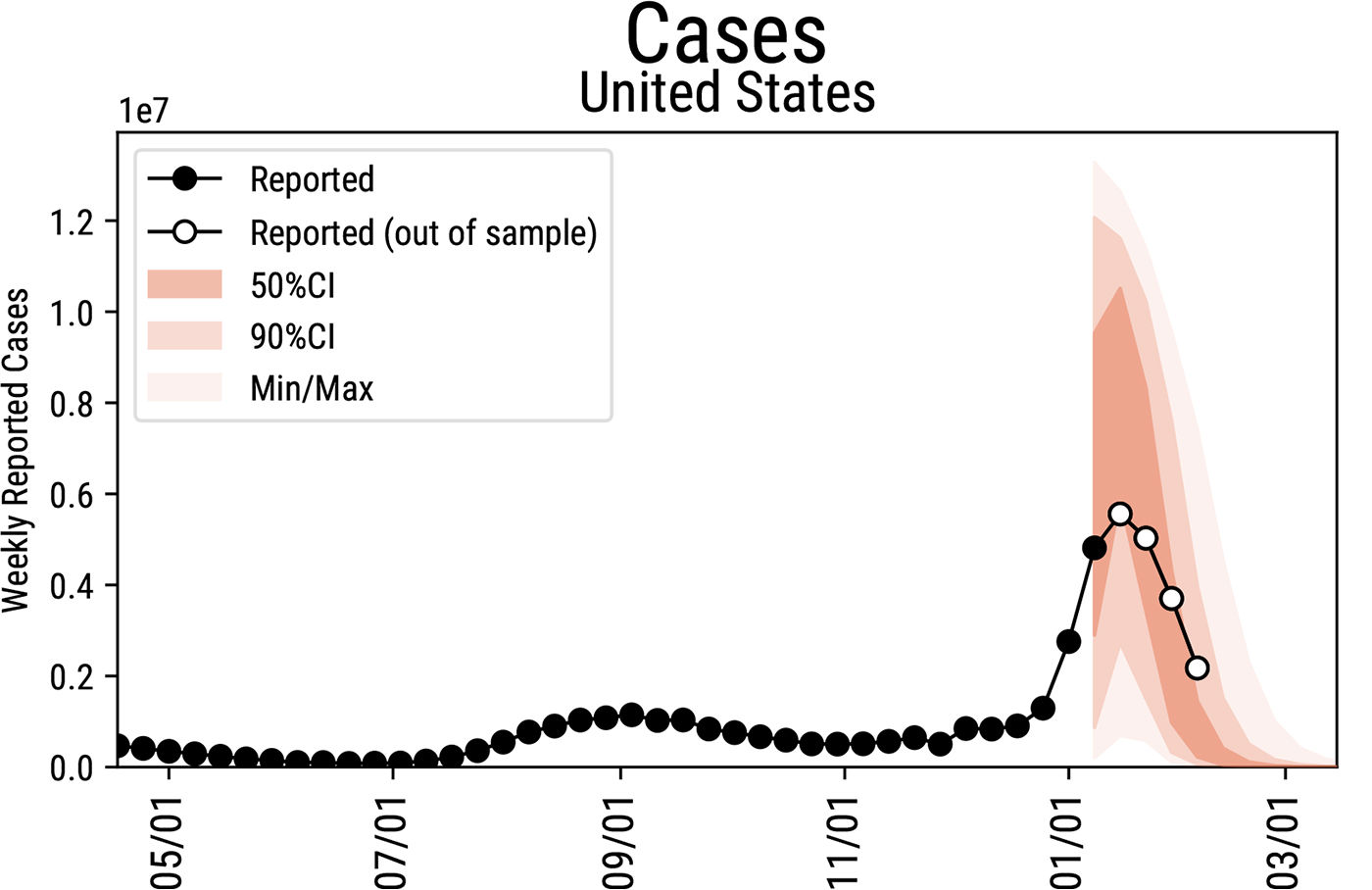
COVID-19 cases are dropping in the U.S. What comes after the Omicron wave?
As Omicron levels are finally on the downfall and warmer weather approaches, Alessandro Vespignani predicts that we "may be able to breathe a little easier." -
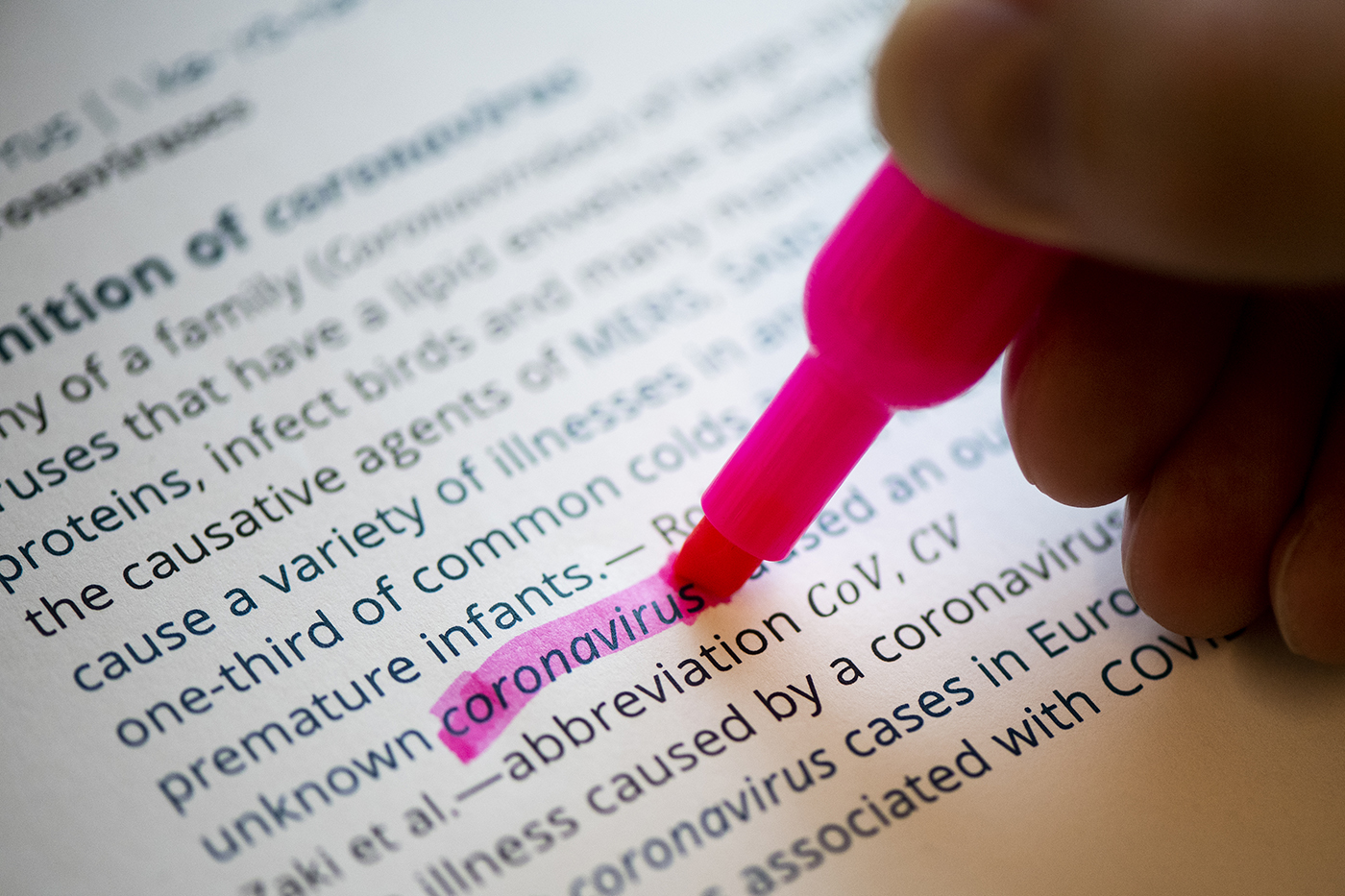
What has changed in the way we talk about COVID-19? Revisiting pandemic terminology and Omicron.
Northeastern experts bring clarity to the different ways we talk about the corona virus. Alessandro Vespignani adds to the conversation on cases versus infections. -

Omicron is setting records. How much do the numbers matter?
Professor Alessandro Vespignani comments on the difference between previous COVID peaks and the current Omicron surge. -
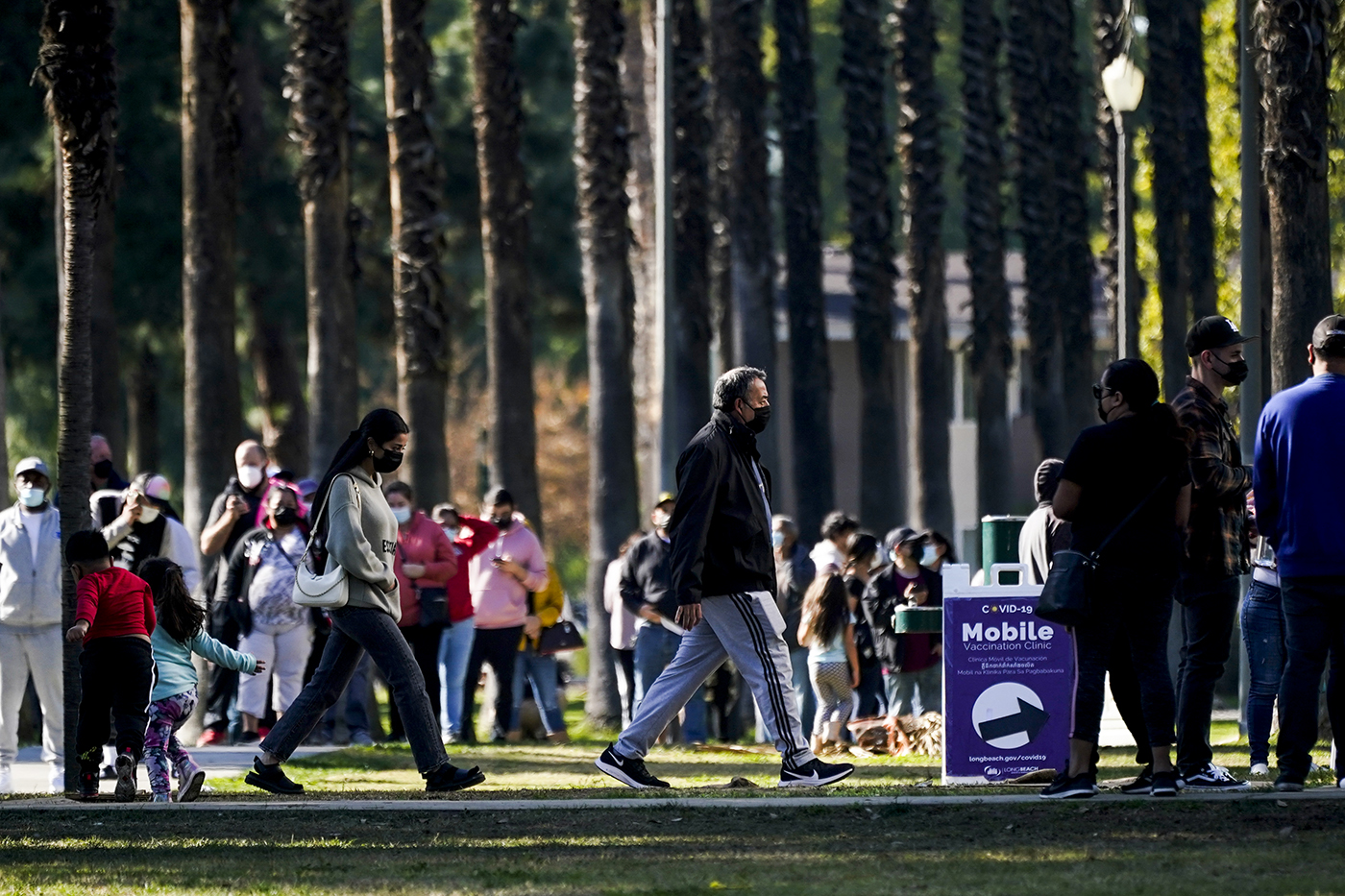
When Will The Omicron Surge Be Over? Very Soon.
As citizens worry about the trajectory of the Omicron variant in the U.S., professor Alessandro Vespignani provides a positive prediction for the future. -
News
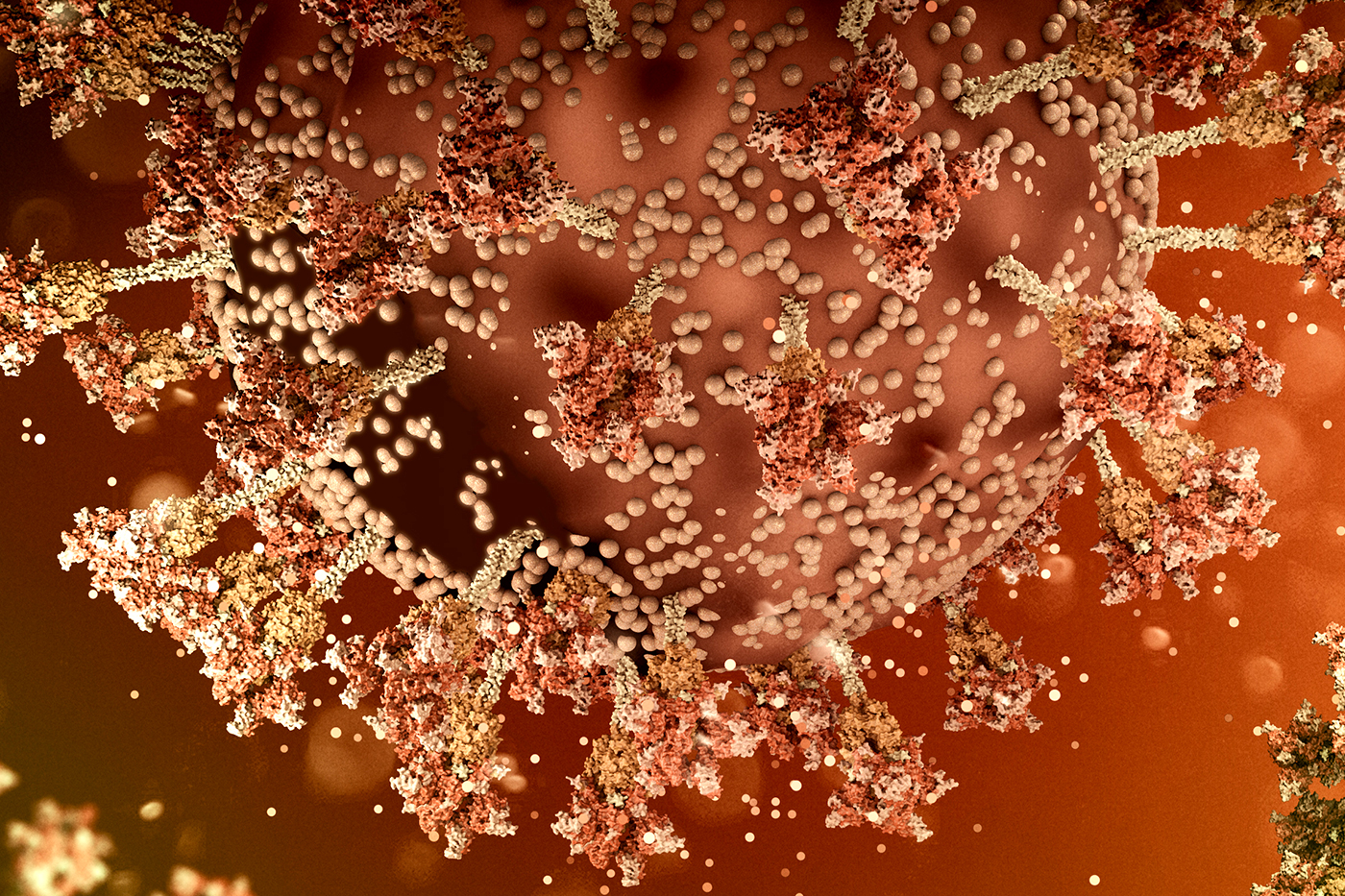
Omicron moves fast. Here’s what that means for the next few weeks.
A virus that moves as quickly around the globe as the omicron variant could spell disaster just as people are traveling and gathering for holiday and New Year celebrations. But the devil’s in the details when it comes to COVID-19—and that could be a good thing. -
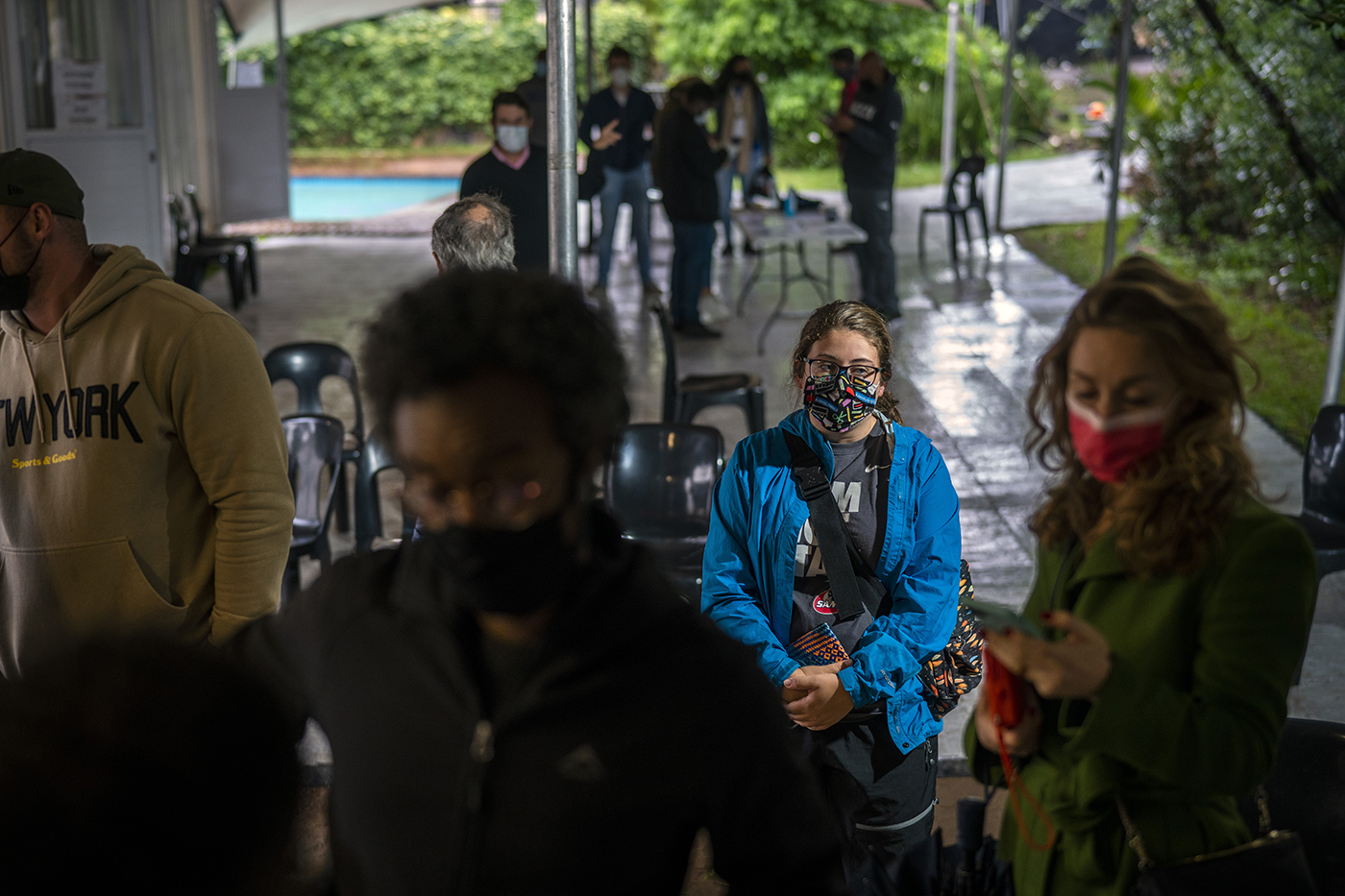
Omicron variant questions mount– answers are on the way
Scientists keep close watch of the omicron variant as it continues to spread across South Africa. -

Where others see walls, she looks for bridges
There was something familiar about the murals and graffiti, says Sarah Bernt. “It just evokes something that I had seen before.” Stretched across the Peace Wall in Belfast, Northern Ireland, were messages of harmony and love. Bernt, who graduated from Northeastern in 2019 with a degree in political science, was on a political tour of […] -
News

When will we know more about the omicron variant?
A new Covid-19 variant, Omicron has been detected in South Africa. -
News

Covid-19 isn’t a ghost just yet. But it may be getting there.
The specter of the coronavirus loomed large at this time last year. Cases were beginning to rise heading into the winter, and a massive surge was still ahead. With no vaccines yet available to provide immunity to the virus, Halloween was a subdued affair, making COVID-19 the only ghoul in town. But this year, Halloween […] -
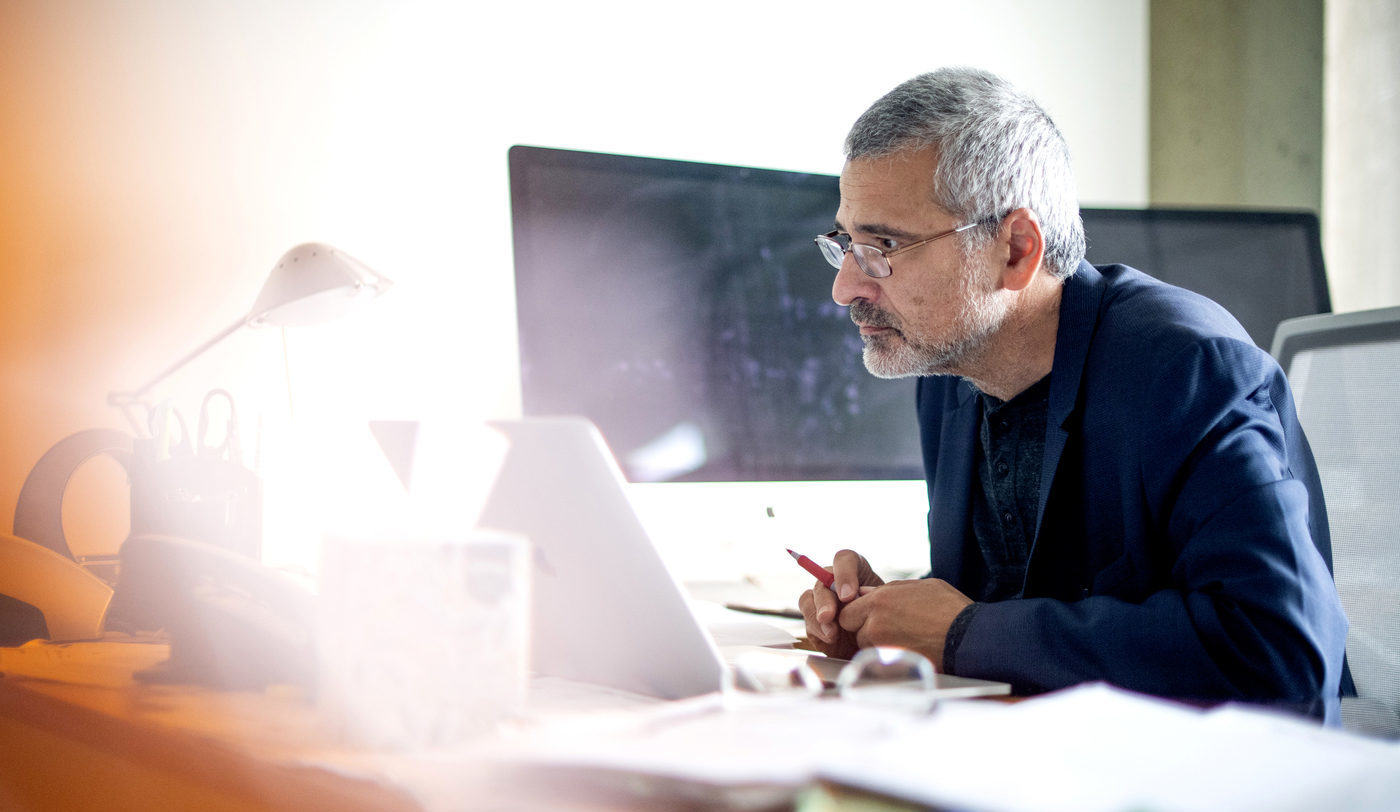
He predicted the widespread Covid-19 pandemic early on. Now he’s being knighted by the Italian government.
Alessandro Vespignani is knighted by the Italian government for his contributions to advancing cooperation between Italy and the United States during the pandemic. -
Research
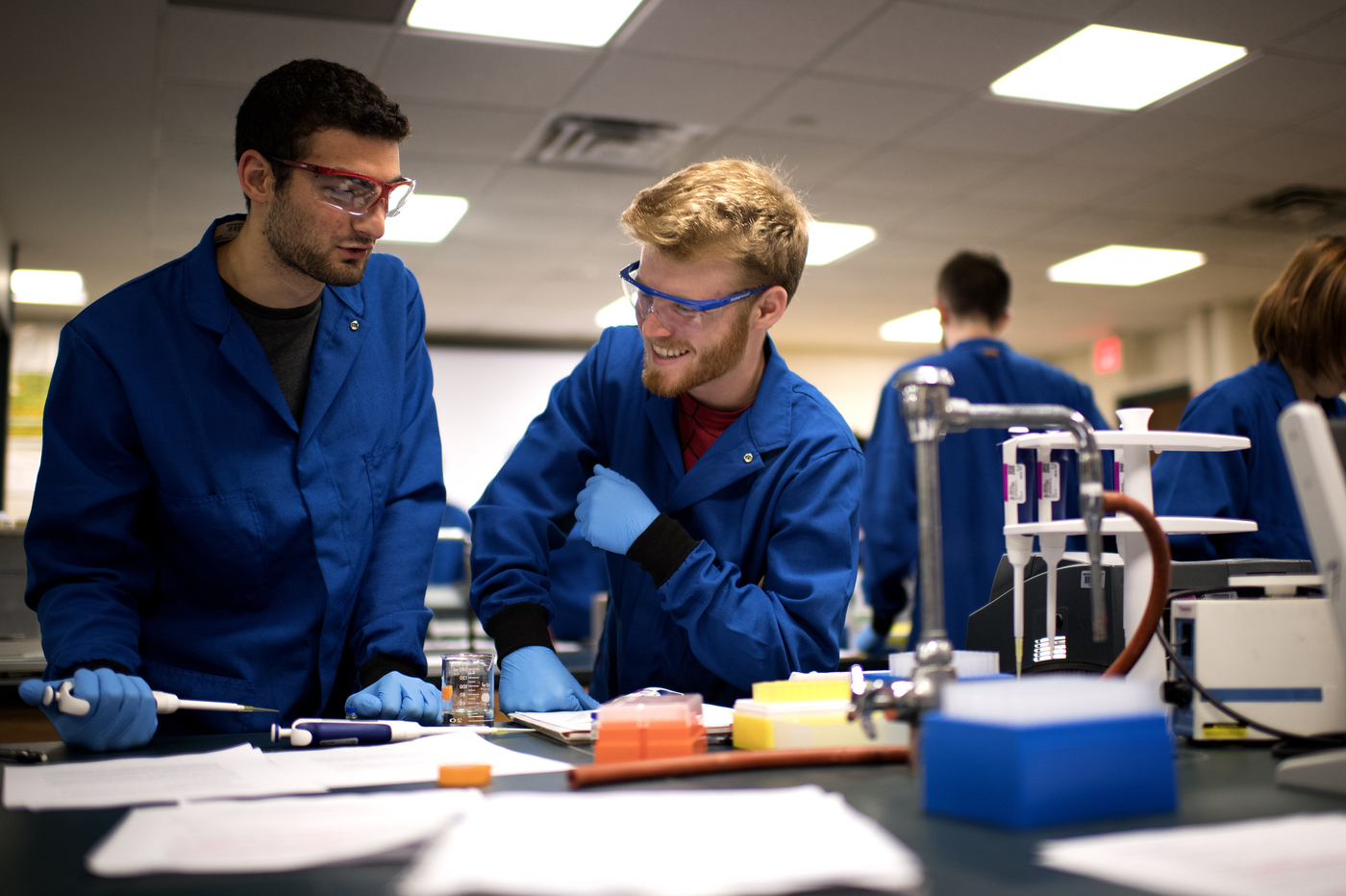
College of Science Connects: Research at the Frontier – Theoretical Condensed Matter & Biological Physics
Alessandro Vespignani, Sternberg Family Distinguished Professor of Physics, presents his research as part of the Northeastern Office of Alumni Relations College of Science Connects series. -
News
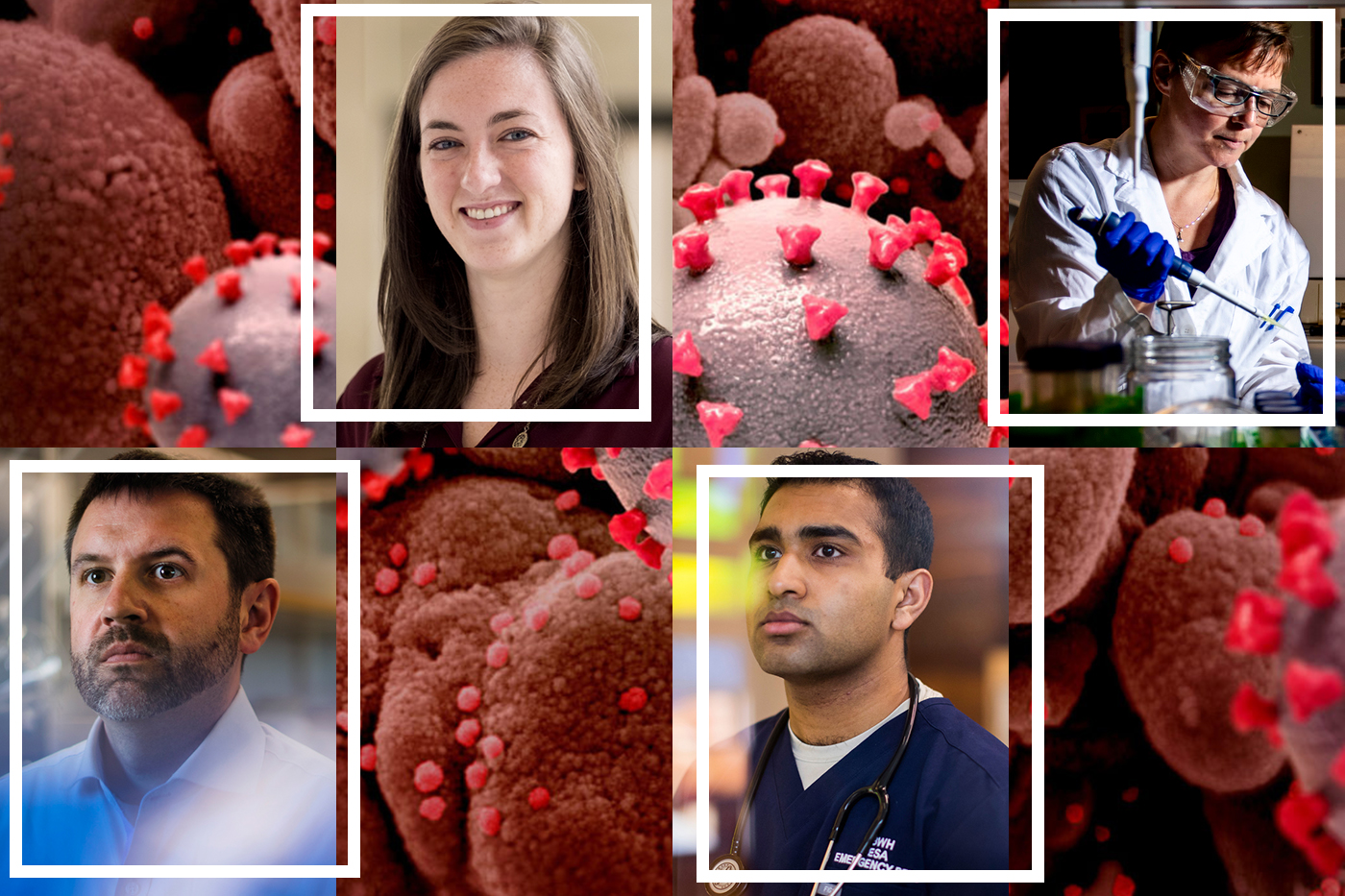
The Sum Total: A Collection of COVID-19 Stories Across COS
When COVID-19 emerged as global threat, it demanded action. The Northeastern College of Science heard the call. Read the stories of the COS community doing their part to fight the pandemic. -
Research
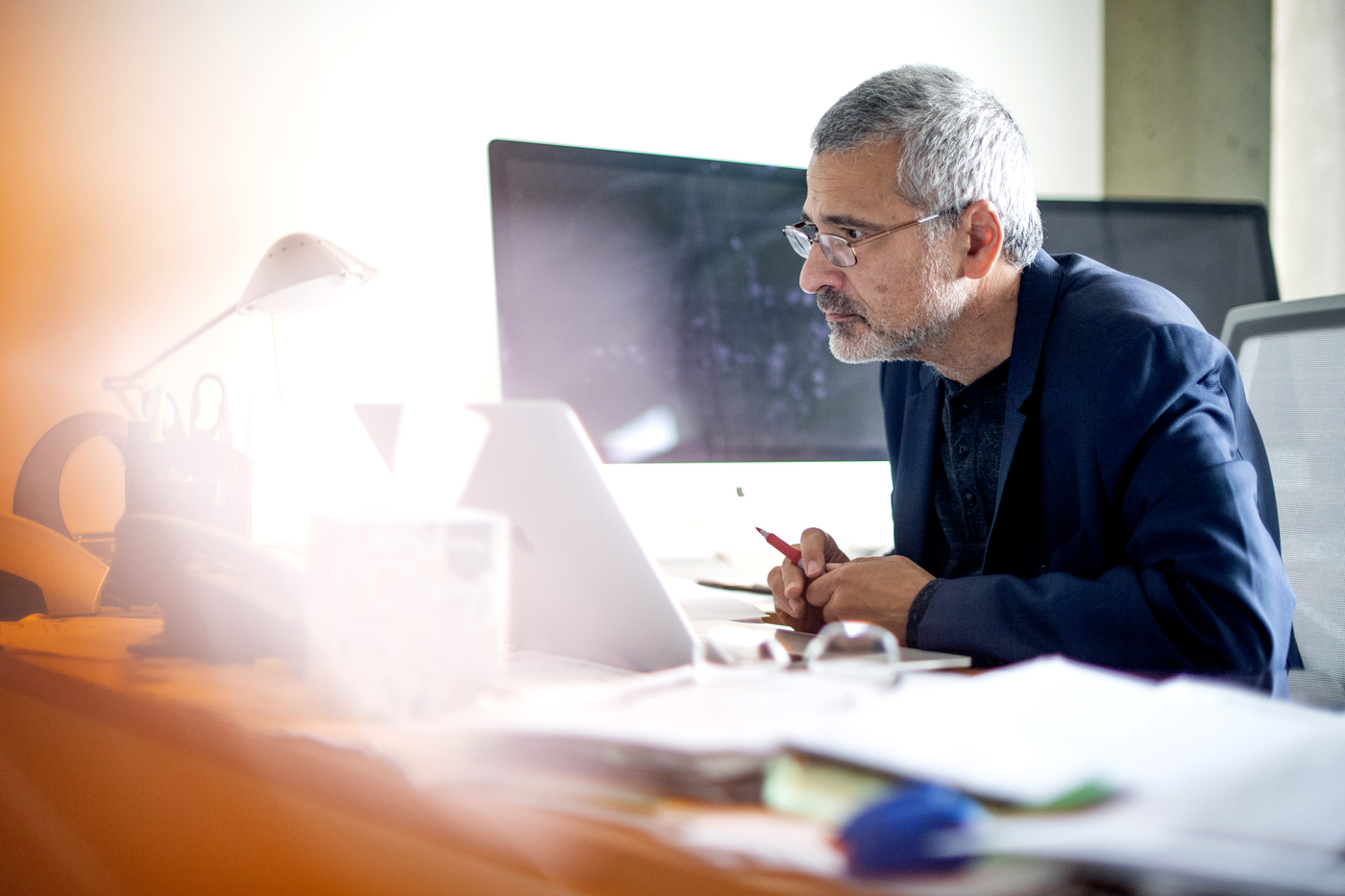
Flu season is coming and COVID-19 is still here. Can disease forecasts tell them apart?
Flu season can be difficult for regular people, and those like Alessandro Vespignani who try to predict it. Adding in COVID could make it a nightmare. -
Alumni

Finding the needle in the data stack: Advice from a Facebook data scientist
During her time at Northeastern, Delia Mocanu developed a passion for network science. Now at Facebook, she finds herself working on one of the largest data experiments in history — the News Feed. -
Research
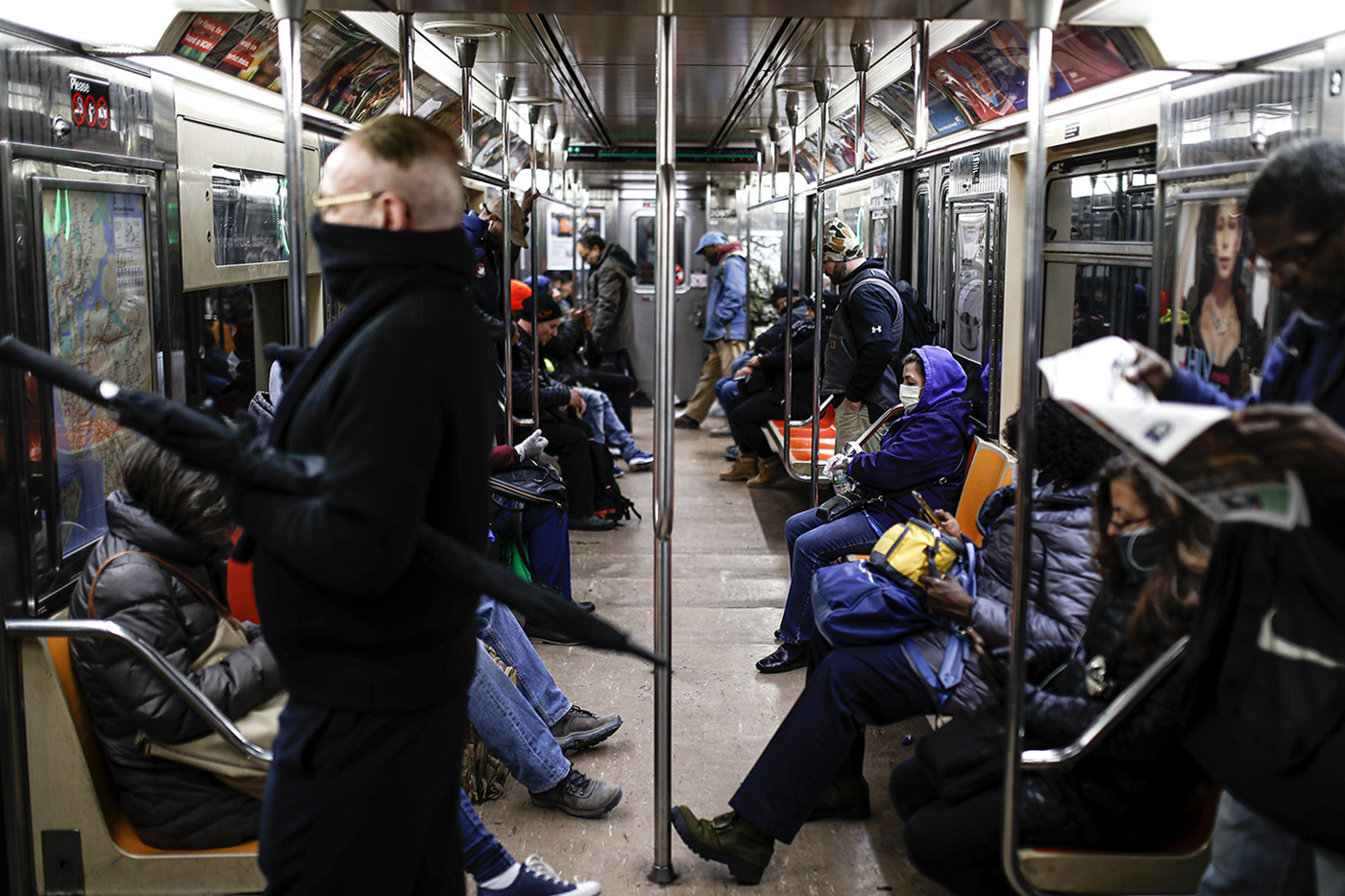
The coronavirus was in the US in January. We need to understand how we missed it.
SARS-CoV-2, the coronavirus that causes COVID-19, was circulating in major U.S. cities as early as January, says Alessandro Vespignani, director of Northeastern’s Network Science Institute. And if we want to keep our communities safe going forward, we need to understand how we missed a virus that was right under our noses. -
News
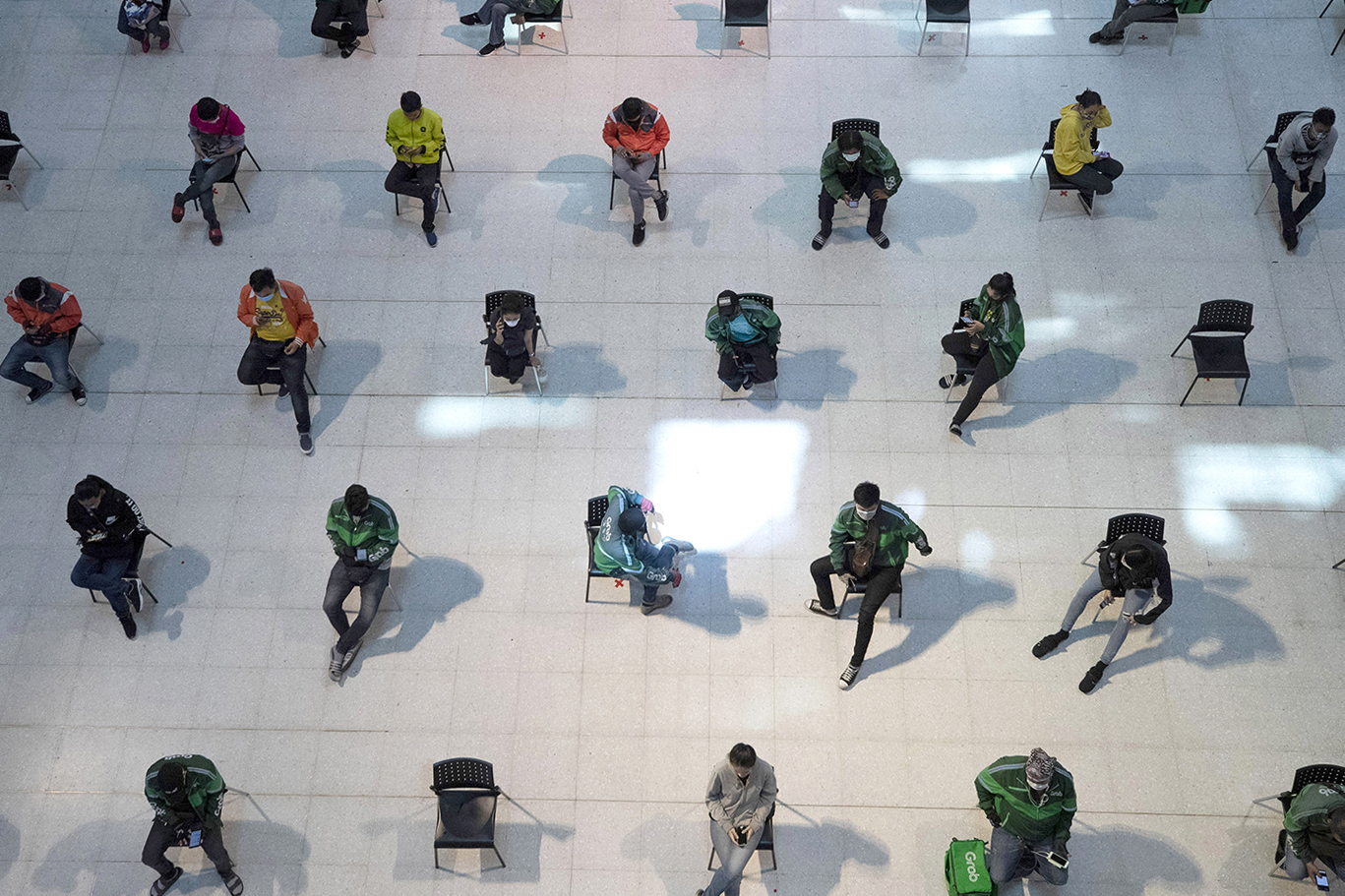
‘Social distancing’ is only the first step toward stopping the COVID-19 pandemic
After days of closures and requests—or orders—to stay home, many people caught in the heart of the COVID-19 pandemic are wondering if these efforts will be enough. Network scientist Alessandro Vespignani says the answer depends on the ways that local, regional, and federal governments use the time. -
News

The coronavirus outbreak is an international public health emergency. Here’s what that means.
“Either the screening, detection, and isolation in China will be able to contain the epidemic there, or it will be a global issue,” says Alessandro Vespignani, Sternberg Family Distinguished University Professor at Northeastern. “And this will be decided in the next couple of weeks.”